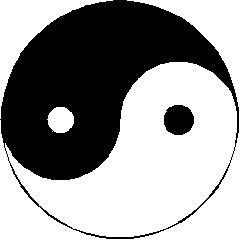Prejudice: A classroom adventure
 In order to get creative juices flowing and open up dialogue among students in my English composition classes, I decided to delve into prejudice and discrimination.
In order to get creative juices flowing and open up dialogue among students in my English composition classes, I decided to delve into prejudice and discrimination. “It’s hard to judge without a lot more information. Oh sure, we go ahead and judge anyhow. But maybe, if judgment were suspended a bit more often, we would like us more.”
Pointing out that “prejudice” is derived from “prejudge,” I focused early discussion on why and how we prejudge. People learn from their surroundings, others, and by expanding their boundaries to explore beyond their limitations. We rely on what we know to guide us through the unknown. Current understanding is applied to fit into the unknown – the proverbial square peg in a round hole.
“Why do some people not like the dark?” I asked.
“Because they are scared,” was the general response.
“Why?”
“Because they don’t know what’s there.”
I pointed out that the same bias applies to prejudice. We prejudge other people because we don’t know them. We apply what we DO know and use it against what we DON’T know because we are afraid of what we don’t understand.
The nods and smiles around the room let me know I had made a connection. The discussion continued, as will further installations in this blog to share some of the revelations from class.

Comments
Post a Comment